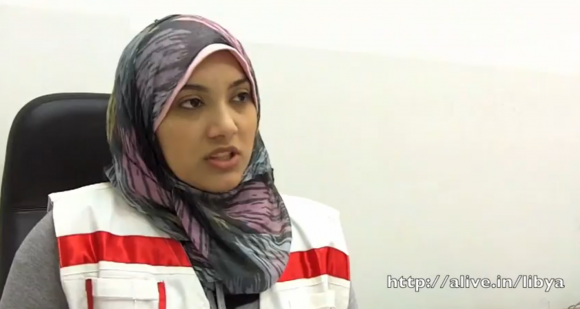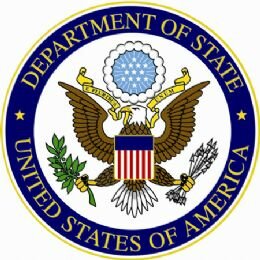
 Previously we’ve written here about how citizen media – the stories of those on the ground – can be used to provide much-needed context for journalists, analysts, and policy makers. Knowing the specifics of what’s happening, and learning it from the locals themselves, ensures better intelligence and therefore better decision making.
Previously we’ve written here about how citizen media – the stories of those on the ground – can be used to provide much-needed context for journalists, analysts, and policy makers. Knowing the specifics of what’s happening, and learning it from the locals themselves, ensures better intelligence and therefore better decision making.
But what does citizen media offer the general public – consumers, voters, and interested parties? The short answer is Accountability.
In the relationship between ordinary citizens and policy-makers, the value of citizen media goes both ways. The same data provided to decision makers can be turned around and used by citizens to hold the authorities accountable.
To see this in action, let’s look at a recent editorial written by US Assistant Secretary of State for Near Eastern Affairs Jeffrey Feltman. In it, he tells a “tale of two cities” – pre-revolution Tripoli and post-revolution Benghazi – and offers what it is he thinks the US’ interests and priorities in Libya should be.
My visit to Tripoli in December was full of dark threats and ominous portents. The fear was palpable. One Libyan official told me that if you so much as dared to speak of Qadhafi’s paranoia and quirks you would be killed. Qadhafi’s thugs had taken to harassing our embassy personnel. It was a harbinger of worse things to come…
Last week in Benghazi, though, I saw what Libya could become — and it was clear as day why it is in the U.S. interest to see the Benghazi vision for Libya succeed over Qadhafi’s. The collective sense of joy and opportunity was unlike anything I have experienced in my diplomatic career…
He also makes a few claims that might be surprising – or questionable – to the average reader.
Everyone, from rights activists, to businessmen, to members of the Transitional National Council (TNC), projected a sense of exhilaration. Civil society organizations of every stripe seemed to pop up almost before my eyes. Citizens seemed astonished and delighted that they can at last speak their minds, and plan for a different Libya than the one they have endured for the past 40-plus years.
In the many years I have worked in the Middle East, I’ve never been to an Arab city so grateful to the United States. Libyans in Benghazi know how brutal their former ruler is. They are profoundly appreciative to have been spared what would have undoubtedly been a massacre of enormous proportions in mid-March, had NATO not intervened. Imagine walking in the main square of a teeming Arab city and having people wave the American flag, clamor for photographs with a visiting American official, and celebrate the United States as both savior and model.
So if you’re a US citizen reading this in Politico, how do you know if what Feltman is saying about Libya is true?
Simple. Ask a Libyan.
In this case, that means citizen media produced by Libyans – Alive in Libya.
Are there civil society organizations of every stripe popping up seemingly overnight? Yes.
The Libya Red Crescent has stepped up and is working to seek out missing persons, those “disappeared” by the Gaddafi regime. Benghazi police have, of their own volition, gone back to work to restore order and civility to the city. And the Youth for Change (YoC), a wholly new organization, has emerged to better connect the restive youth of Libya to the leaders of their government ministries.
Are Libyans planning for a new society, different from the tyranny and inequality they’ve previously experienced? Yes.
Volunteers have set up media assistance centers where journalists can access partners and resources to better tell their story – a far cry from the strictly controlled propaganda of the previous regime. Even the TNC, the rebel council only in existence for a few short months, is deliberate in its attempts to meet the egalitarian standards of a new, pluralist society.
And what about the most questionable piece, the scenes of Libyans waving American and other flags in the streets? Also true.
See for yourself:
Just as the policy-makers don’t need to blindly trust their bureaucracies, the general public doesn’t have to simply take the words of policy-makers at face value. Citizen media allows you to verify official statements, and to hold those officials accountable.
Citizen media is a powerful tool, not only for those producing it, but for everyone. Remember this the next time an editorial like Feltman’s comes along. You don’t have to trust it. Check it against the stories of those who aren’t official policy makers, those who live and work on the ground every day.
Alive in Libya, Blog, Featured, Small World News Blog